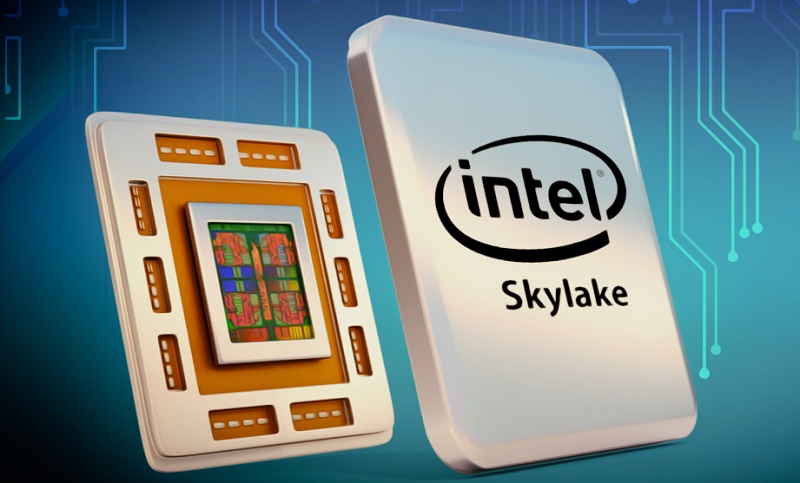Intel has announced that systems built with its latest “Skylake” processors can be woken up with a voice command, according to a report on The Verge.
If the operating system the processor powers is Windows 10, the whole setup makes use of Microsoft’s Cortana digital assistant. Cortana makes using Windows 10 just that much more natural, apparently, as she lets you tell the OS what using voice commands.
That’s if you like the idea of talking to your computer to get it to do things; some of the rest of us are still rather attached to the mouse and keyboard, thank you very much.
It’s not clear whether making use of this function requires special hardware, but it’s probably safe to assume that you’ll need some sort of microphone hooked up to your computer at the very least.
Windows 10 laptop users have a mic built right in so they’re covered by default. Intel also hasn’t mentioned what sort of impact this listening state will have on battery power.
This functionality is specific to Skylake processors, though, so if you are running an older CPU you’ll still have to wake your computer up manually before Cortana can take spoken instructions.
There’s always a but
As cool as this sounds, it poses two potential problems. First, there’s the issue of privacy: who’s to say that your always-listening PC isn’t also sending whatever data it collects back to Microsoft headquarters (even if you’ve told it not to) or, more worryingly, some surveillance agency-affiliated server somewhere for analysis?
Sure, people freaked out when Microsoft announced that the Xbox One’s Kinect 2.0 sensor would also be listening all the time, and nothing has really come of that. Microsoft worked very hard to convince people that wasn’t possible even if the company wanted to do it, and even made changes to give people worried about their privacy the option to turn that listening functionality off entirely.
So no big deal, right?
Wrong, and here’s the second problem: it’s not like public denials have actually meant these things aren’t happening. The NSA’s PRISM programme, for instance, collected data on US citizens despite politicians telling the American public it wasn’t actually allowed to, and Microsoft handed email and Skype video call data over to the US government on request, while denying it to the public.
So who’s to say any assertions that the data collected by listening devices like Kinect 2.0, smartphones and now Intel’s Skylake processors are NOT sending it back somewhere nefarious are actually true?
Who indeed?
Remember back in the day when remote listening devices were the stuff of spy movies before they began creeping into law enforcement toolkits. But back then, law enforcement agencies that wished to use them still needed to get court approval based on very solid evidence of nefarious activity before deploying them.
Today, it’s starting to look like all you really need is a skilled hacker; rules, morality and rights be damned. Because let’s be honest, it’s not like computer code isn’t inherently insecure, law enforcement agencies don’t see evil everywhere and the big corporations that control modern tech aren’t beholden to higher authorities like government orders issued in the interest of “national security”.
Perhaps I’m just remembering the past with rose-tinted glasses and the same was true then as it is now, that surveillance and data-gathering happened anyway without oversight or approval even then, and these new developments are nothing more than the modern-day implementation of the concept, just using new developments in tech.
Perhaps this is just the world we’re living in today, and the concept of actual privacy no longer applies. I like to think that’s not the case, but evidence to the contrary is getting rather hard to ignore.
[Image – Intel]

